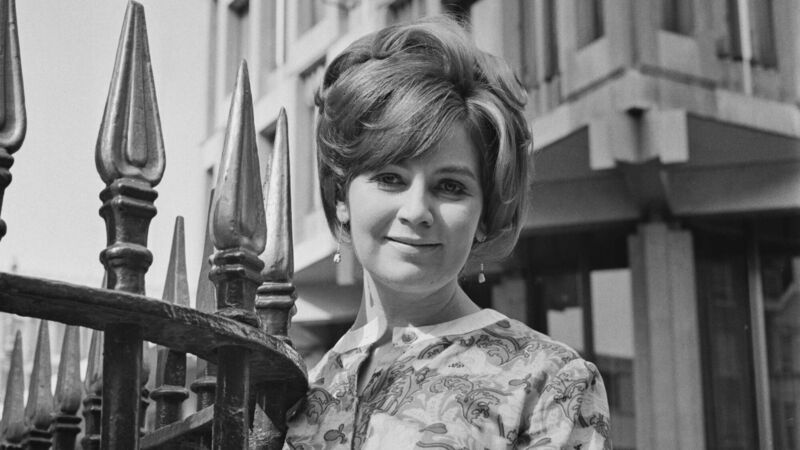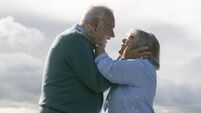Edna O’Brien documentary: 'She was so good at conveying what it was to be a woman'

Blue Road: The Edna O’Brien Story is in Irish cinemas from Friday, January 31. Picture: Evening Standard/Hulton Archive/Getty Images.
In 1960, a young writer named Edna O’Brien published her debut novel, The Country Girls. Its storytelling quality and sexual openness made her a literary sensation - but in her native Ireland, her books were banned and she was denounced from the pulpit.
The author moved to London, where she had love affairs, grew further success as a writer and held star-studded parties attended by the likes of Marlon Brando and Robert Mitchum.






